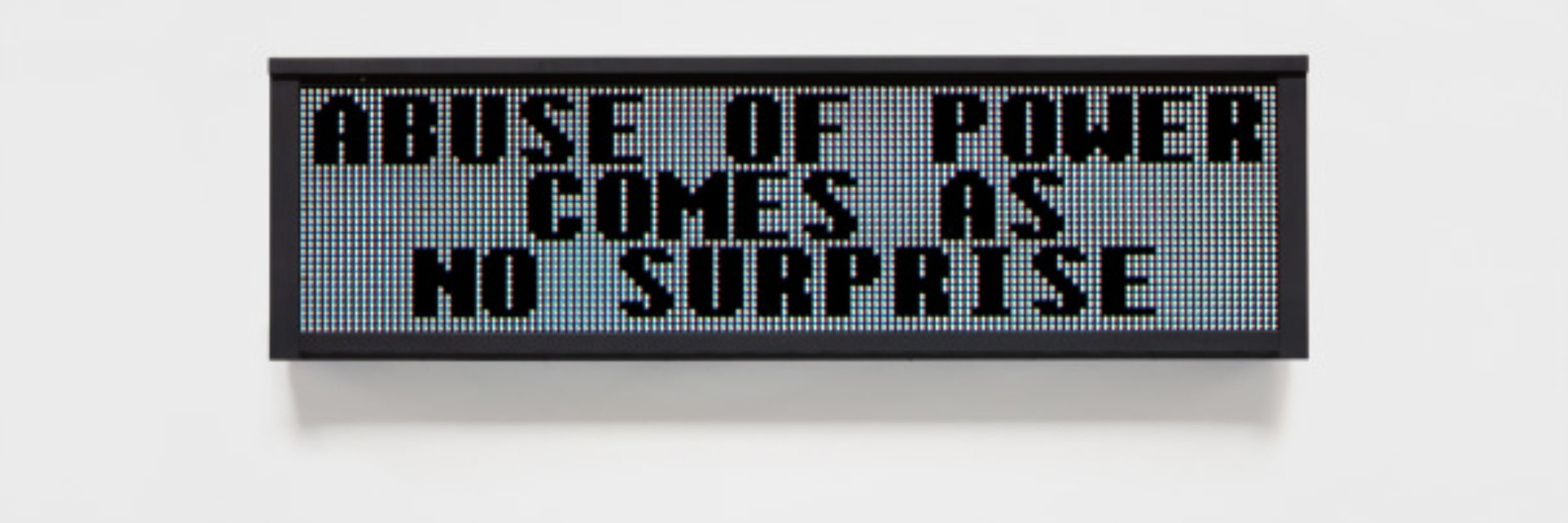
My unified theory is the internet allowed marginalized groups to challenge institutions that were previously able to ignore them, but many of these institutions just got better at talking the talk rather than making the changes sought by those groups, allowing them to easily be pulled to the right.
The internet allows marginalized groups and the right the same power to apply the same pressures in the same way. Institutions just don't like being yelled at online, they never develop a coherent philosophy.
my unified theory is that the internet allowed marginalized groups to challenge institutions, and so it was actually a bit of a relief when the right promised a future where they could go back to ignoring them.
I think the internet allowed marginalized groups to challenge institutions, which is why they broke all the mechanisms by which we did so and forced us back into silos where we cannot organize or reach powerful people.
This seems about right. The DEI ban in TX took effect yesterday. It’s definitely changing things at UT Austin. It remains to be seen how much of its impact is just making it more complicated to convey info, run programs, etc. and how much the Bannon race conscious admissions harms our goals.
Interesting isn't it? Other marginalized groups have finally found supportive voice and agency w/ the internet. How do we protect those marginalized groups who benefit from the internet while protecting users from those marginalized groups who use the same medium for harm doing? $1T question, i kno
